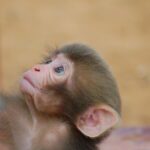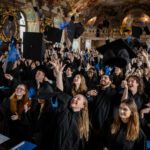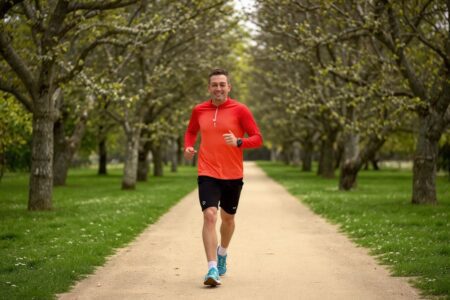
The number of privately educated British Olympians at the Paris 2024 Olympics has significantly increased compared to the Rio 2016 Olympics eight years ago.
A recent study by the Good Schools Guide, an online resource for British schools, found that out of the 318 British athletes in Team Great Britain (Team GB) at the Paris 2024 Olympics, 106 (33.3%) attended private schools.
This is a jump from the Good Schools Guide’s previous study in 2016, which revealed that 24% of Team GB went to private schools.
What stands out, however, is that this number is stark in comparison when only 9% of secondary schoolchildren in England attend a private secondary school, according to the Department for Education.
This further underlines the disproportionate impact that private schools have on progress to the highest tiers of sporting achievement.
 State schools are mostly unable to offer students the same opportunities as private schools do in terms of facilities, sports, etc.
State schools are mostly unable to offer students the same opportunities as private schools do in terms of facilities, sports, etc.
Private schools offer more opportunities, at a cost
The data goes on to show that there are a total of 36 schools with more than one former pupil representing the UK at the Paris 2024 Olympics, and the top three schools with the most are all private schools – Plymouth College in Devon with 15, Millfield School in Somerset with 10, and Whitgift School in Croydon with four.
- Diver Tom Daley, who won silver in the Paris 2024 Olympics men’s synchronized 10-meter platform, studied at Plymouth College.
- Rower Helen Glower, who won silver with her teammates in the Paris 2024 Olympics women’s quadruple sculls, studied at Millfield School.
- Modern pentathlete Joe Choong, who won gold in the Tokyo 2020 Olympics modern pentathlon and is set to defend his title again, studied at Whitgift School.
In a similar vein, nearly one in four (23%) of sportswomen in Team GB attended a single-sex state or private school.
“State schools can be hamstrung by academic targets but private schools have the independence and resources to channel pupils in other directions, notably in this case, sport,” said Grace Moody-Stuart, director of the Good Schools Guide Education Consultants. “It can hardly be a surprise that schools fortunate enough to have astro-pitches, rowing clubs and 50-metre swimming pools are the ones delivering the nation’s Olympians.”
Indeed, Team GB this year reflects this statement.
The study also found that some sports had a larger proportion of athletes who attended private schools — 52% of the rowing team and 47% of the hockey team went to private schools, while, in contrast, only 8% of the cycling squad was privately educated.
All four of Team GB’s modern pentathletes attended private school.
The opportunity to pursue these sports at state schools is uncoomon – for example, rowing is incredibly rare for a state school, but The Windsor Boys’ School is one of the few that offer the sport, carried out on the River Thames.
“But facilities are only part of the story. These schools identify talent at an early age and offer places at considerable discounts, often for free, in the hope of helping realise that sporting potential,” Moody-Stuart adds. She goes on to say that parents may not necessarily choose private schools for a better quality education but rather the opportunity for different kinds of learning.
Given the benefits of attending a private school, it’s unsurprising that the number of privately educated students has skyrocketed in recent years.
Many say that private schools aren’t without their negatives – the general consensus is that they’re expensive and further drive inequality, as only wealthy families can afford to enrol their children. But the return on investment speaks for itself, as those who attend private schools become business leaders, hold government positions, and now, represent their country in the Olympics.
“Independent schools honing young talent go the extra mile to ensure a student’s school day works with their ambitions. We know of 5 a.m. wake-up calls for training, on-site nutritionists and physiotherapists, extended absences for international competitions, all alongside an academic timetable and full school life,” says Moody-Stuart. “The best set-ups seamlessly interweave training and competitions with academic work, and pupils have at their disposal the collective experience and wisdom of seasoned coaches, not to mention on-site strength and conditioning teams, nutritionists, and sports psychologists.”










